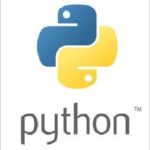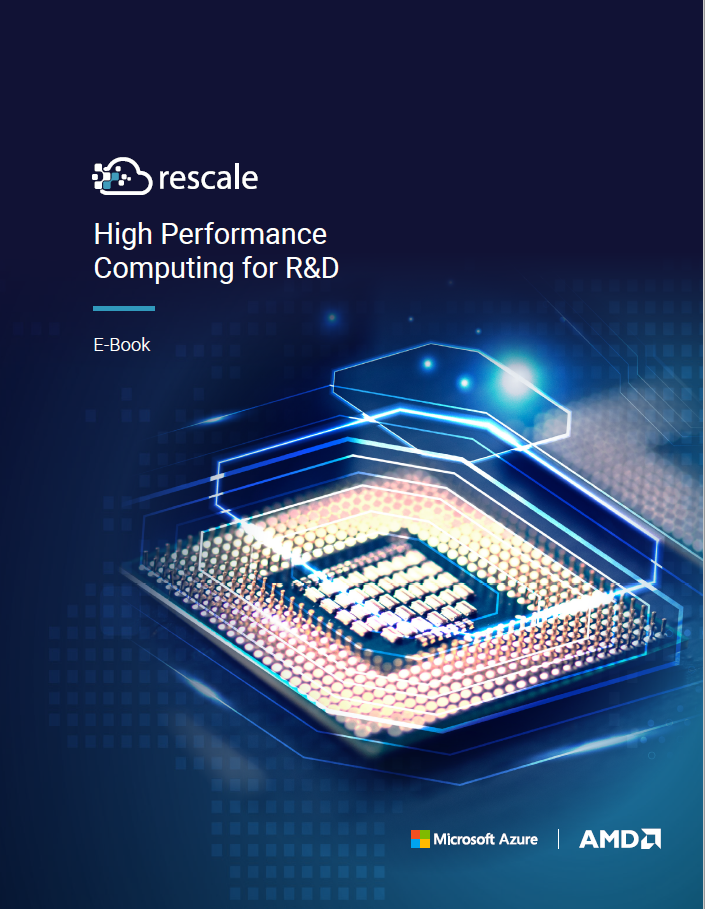Appentra is pleased to announce the release of Parallelware Trainer 1.2, further improving the provision of accessible HPC and parallel programming training using OpenMP and OpenACC. “Appentra has a clear goal: to make parallel programming easier, enabling everyone to make the best use of parallel computing hardware from the multi-cores in a laptop to the fastest supercomputers. Parallelware Trainer 1.2 provides an enhanced interactive learning environment, including provision for a knowledge base designed around the code being developed and several parallelization paradigms, including multithreading, tasking and offloading to GPUs.”
Articles and news on parallel programming and code modernization
Are Memory Bottlenecks Limiting Your Application’s Performance?
Often, it’s not enough to parallelize and vectorize an application to get the best performance. You also need to take a deep dive into how the application is accessing memory to find and eliminate bottlenecks in the code that could ultimately be limiting performance. Intel Advisor, a component of both Intel Parallel Studio XE and Intel System Studio, can help you identify and diagnose memory performance issues, and suggest strategies to improve the efficiency of your code.
Software-Defined Visualization with Intel Rendering Framework – No Special Hardware Needed
This sponsored post from Intel explores how the Intel Rendering Framework, which brings together a number of optimized, open source rendering libraries, can deliver better performance at a higher degree of fidelity — without having to invest in extra hardware. By letting the CPU do the work, visualization applications can run anywhere without specialized hardware, and users are seeing better performance than they could get from dedicated graphics hardware and limited memory.
Making Python Fly: Accelerate Performance Without Recoding
Developers are increasingly besieged by the big data deluge. Intel Distribution for Python uses tried-and-true libraries like the Intel Math Kernel Library (Intel MKL)and the Intel Data Analytics Acceleration Library to make Python code scream right out of the box – no recoding required. Intel highlights some of the benefits dev teams can expect in this sponsored post.
CPU, GPU, FPGA, or DSP: Heterogeneous Computing Multiplies the Processing Power
Whether your code will run on industry-standard PCs or is embedded in devices for specific uses, chances are there’s more than one processor that you can utilize. Graphics processors, DSPs and other hardware accelerators often sit idle while CPUs crank away at code better served elsewhere. This sponsored post from Intel highlights the potential of Intel SDK for OpenCL Applications, which can ramp up processing power.
Achieving the Best QoE: Performance Libraries Accelerate Code Execution
The increasing consumerization of IT means that even staid business applications like accounting need to have the performance and ease of use of popular consumer apps. Fortunately, developers now have access to a powerful group of libraries that can instantly increase application performance – with little or no rewriting of older code. Here’s a quick rundown of Intel-provided libraries and how to get them.
How to Design Scalable HPC, Deep Learning and Cloud Middleware for Exascale Systems
DK Panda from Ohio State University gave this talk at the Stanford HPC Conference. “This talk will focus on challenges in designing HPC, Deep Learning, and HPC Cloud middleware for Exascale systems with millions of processors and accelerators. For the HPC domain, we will discuss about the challenges in designing runtime environments for MPI+X (PGAS – OpenSHMEM/UPC/CAF/UPC++, OpenMP, and CUDA) programming models taking into account support for multi-core systems (Xeon, OpenPower, and ARM), high-performance networks, GPGPUs (including GPUDirect RDMA), and energy-awareness.”
Call for Submissions: OpenMPCon and IWOMP 2019 in New Zealand
The OpenMP community has issued its Call for Submissions for OpenMPCon 2019 and IWOMP 2019. The events take place September 9-13 in Auckland, New Zealand. “OpenMPCon is the annual conference for OpenMP developers to discuss of all aspects of parallel programming with OpenMP. The International Workshop on OpenMP (IWOMP) is an annual workshop dedicated to the promotion and advancement of all aspects of parallel programming with OpenMP.”
Intel High-Performance Python Extends to Machine Learning and Data Analytics
One of the big surprises of the past few years has been the spectacular rise in the use of Python* in high-performance computing applications. With the latest releases of Intel® Distribution for Python, included in Intel® Parallel Studio XE 2019, the numerical and scientific computing capabilities of high-performance Python now extends to machine learning and data analytics.
Making Computer Vision Real Today – For Any Application
With the demand for intelligent vision solutions increasing everywhere from edge to cloud, enterprises of every type are demanding visually-enabled – and intelligent – applications. Up till now, most intelligent computer vision applications have required a wealth of machine learning, deep learning, and data science knowledge to enable simple object recognition, much less facial recognition or collision avoidance. That’s changed with the introduction of Intel’s Distribution of OpenVINO toolkit.













